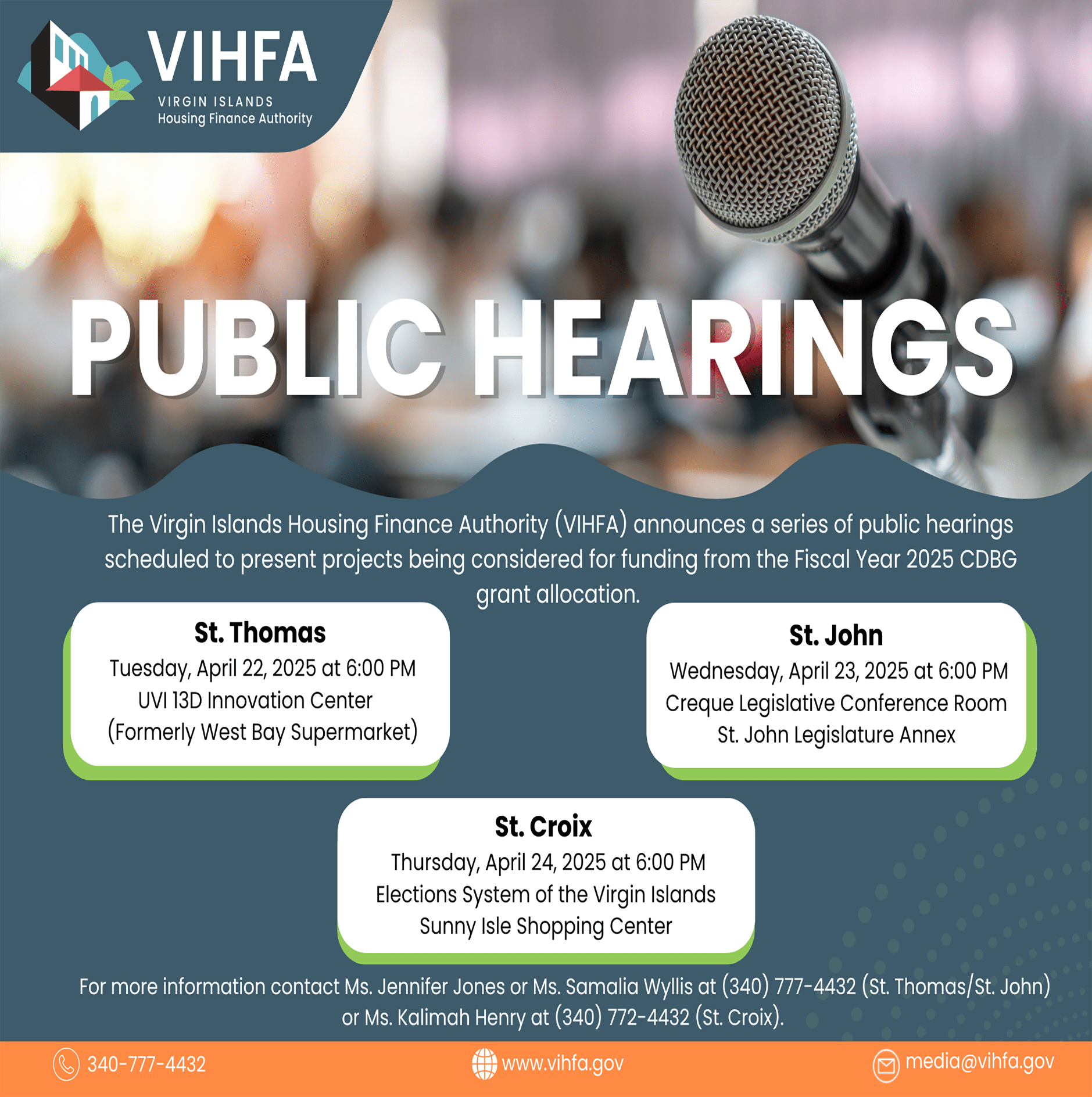
The Licensing and Consumer Affairs Department (DLCA) faced scrutiny from lawmakers Monday, as senators demanded stronger consumer protections, clearer price monitoring, and better oversight of business practices. Appearing before the 36th Legislature’s Government Operations, Veterans Affairs, and Consumer Protection Committee, Deputy Commissioner Myrna George outlined DLCA’s ongoing enforcement efforts, new initiatives, and challenges while lawmakers pushed for more aggressive regulatory action.
George reported that DLCA has resolved or forwarded approximately 320 consumer complaints over the past year, ranging from deceptive business practices and contract disputes to price gouging. The department also enforces key laws such as the Consumer Protection Law, the Price Control Act, the Unfair Business Practices Act, and the Truth in Pricing Law to ensure fair trade and prevent economic exploitation. However, committee Chair Sen. Avery Lewis challenged whether these laws were being adequately enforced, pressing DLCA on the need for a Better Business Bureau-style platform to expose fraudulent businesses and contractors.
He said he has submitted legislation toward this effort, stating, “We need a mechanism that will promote better service to our residents and visitors, and likewise, encourage increased value to the services provided to the public.”
George acknowledged the importance of transparency but reiterated that DLCA does not have prosecutorial power over fraud cases. Instead, fraud complaints are referred to the Federal Trade Commission or the White-Collar Crimes Unit of the Virgin Islands Police Department. Some lawmakers argued that this process frustrates consumers seeking immediate action and leaves gaps in accountability.
Concerns over the rising cost of fuel and essential goods dominated much of the discussion, with lawmakers demanding answers on DLCA’s ability to intervene in price spikes. Asked whether DLCA had any control over gas prices, particularly amid growing economic concerns, Matthew Padgett, director of Consumer Affairs, admitted that while the department monitors gas prices, it has no authority to regulate them.
“We have no control over the price that retailers set,” Padgett stated. “We cannot tell gas stations what to charge.”
Lawmakers also expressed concern over the lack of long-term price tracking for essential goods. While DLCA provides a “Shopping Basket” snapshot of real-time prices at various retailers, George clarified that this data does not allow for long-term price comparisons or inflation tracking. Instead, the Bureau of Economic Research is responsible for conducting Consumer Price Index reports and formal Market Basket Surveys. To address some of these concerns, George announced that funding has been secured to resume the Food, Fuel, and Housing Study, a cost-of-living analysis that originally began in 2017 but lacked thorough data. The study runs from Dec. 31, 2024, to Dec. 31, 2026, providing a more comprehensive assessment of economic conditions affecting Virgin Islanders.
Despite criticism over enforcement limitations, DLCA highlighted several upcoming improvements to streamline services and enhance business compliance. George announced that the department is moving forward with an overhaul of its business licensing portal and website to improve efficiency. The new system will allow for faster complaint processing and better tracking of consumer disputes.
Additionally, DLCA is expanding its office spaces to better accommodate growing service demands and increasing public outreach efforts. George touted recent initiatives, including Consumer Protection Week, senior fraud awareness workshops, and partnerships with organizations like AARP to educate the public on scams and unfair business practices.
“These efforts are about strengthening consumer confidence and ensuring transparency in the marketplace,” George said. “We remain committed to holding businesses accountable while also educating the public on their rights.”
Beyond consumer protection and price monitoring, lawmakers grilled DLCA on its outstanding vendor payments, with more than $300,000 still unpaid since October 2024. Senators called this unacceptable and demanded action to clear the backlog. Additionally, some legislators argued that DLCA’s lack of enforcement power leaves gaps in oversight.
Sens. Avery L. Lewis, Novelle E. Francis Jr., Ray Fonseca, Alma Francis Heyliger, Kenneth L. Gittens, Franklin D. Johnson, and Carla J. Joseph were present at the Monday’s meeting, including non-committee members Sens. Angel L. Bolques Jr., Clifford Joseph, Marvin Blyden, Kurt A. Vialet, and Hubert Frederick.










